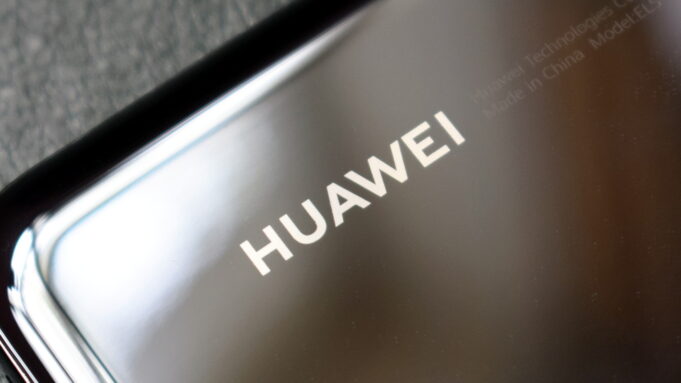Data centres as critical infrastructure for the actualisation of digital economies have been described as the “foundation of digital transformation”.
Speaking during the release of “Top 10 Trends of Data Center Facilities” white paper recently, Mr. Fei Zhenfu, president, data center facility domain of Huawei Digital Power Product Line, said “in the new era, opportunities and challenges will coexist. Only by gaining deep insight into future trends, we can lead the future effectively.”
The today, together with industry guests, media friends, and operator partners to discuss the trends and future opportunities, contributing knowledge sharing for the healthy development of the industry.
“As remote office, online education, and live broadcasting are becoming increasingly popular, we are in era of digitalization and it is gaining momentum in various industries. Digital transformation in various industries is in the fast track mode. Data centers are the foundation of digital transformation.
Top 10 Trends of Data Center Facilities
Some of the trends of data centre facilities identified in the report included Zero Carbon DC.
“Carbon neutrality has become the most urgent mission in the world, triggering a green revolution. Green power, such as wind energy and solar energy, will be more widely used in data centers. It is an inevitable trend to maximize resource saving (such as energy saving, footprint saving, water saving, and material saving) in the entire life cycle of data centers. In the large data center facility, thermal energy recovery is a new energy saving solution. Data center PUE will enter the 1.0x Era, and “zero carbon” DCs will be a reality in near future,” the whitepaper disclosed.
Another trend discussed was high density. According to the report, “…in next five years, IT devices will continue to evolve to high computing power and density, and the CPU and server power will continue to increase. In addition, as the demand for AI applications grows, the AI computing power will increase. To balance efficiency and cost, data centers will develop to high density. It is estimated that by 2025, diversified computing power collaboration will become the mainstream, and mainstream cloud data centers will form a hybrid deployment of 15–30 kW/cabinet.”
It also identified scalability as a trend that will continue to lead in the data centre segment saying, “The lifecycle of IT equipment is generally 3 to 5 years, and the power density is roughly doubled every 5 years. The lifecycle of data center infrastructure is 10 to 15 years. The infrastructure must support elastic architecture and phased investment, and meet the power evolution requirements of two to three generations of IT devices with the optimal CAPEX. In addition, the data center must be flexible to support hybrid deployment of IT devices with different power density, achieving on-demand capacity expansion scalability and space saving.”
Some other trends mentioned include fast deployment, simple architecture and Lithium for All.
It also pointed out that the ‘Air In and Water Out’ model will replace traditional chilled water systems.
“Driven by complex O&M and higher PUE and aligning with carbon neutrality goals, traditional chilled water systems will be replaced. In addition, cooling systems with less or no water will become the mainstream. The modular Indirect Evaporative Cooling system adopts an integrated product design, which shortens deployment time and simplifies O&M, while fully utilizes natural cooling resources, it greatly reduces the power consumption of the cooling system.”
Systems will gravitate towards full digitisation. With the increasing digital transformation, digital, communications, and AI technologies are increasingly applied. Digital twin technologies will become more widely used throughout the lifecycle of the data center from planning, construction, maintenance and optimization, making All-DC visible, manageable, and controllable, delivering excellent full-lifecycle experience.
Finally, data centres will be more AI driven; data centers will gradually replace manual operation such as repetitive work, expert experience, and business decision-making to AI based autonomous driving.
They will also grow to be more secure and reliable as data center infrastructures become more intelligent, network security threats are multiplied. The data center must implement system-level, component-level, and device-level predictive maintenance. The data center must have six features: hardware reliability, software security, system resilience, security, privacy, and always online availability. Hierarchical defense ensures data center security and trustworthiness.
The report also shared Huawei’s vision for its future where it continuously implements the concept of green and sustainable development, helping achieve the goal of carbon neutrality.
- Ijaw youths raise the alarm: Oil thieves after Kyari, Tompolo, Otuaro - December 22, 2024
- Abuja stampede: Wike commiserates with victims, directs free treatment - December 21, 2024
- Uba Sani Signs Executive Order, raises academics’ retirement age to 65 - December 20, 2024










